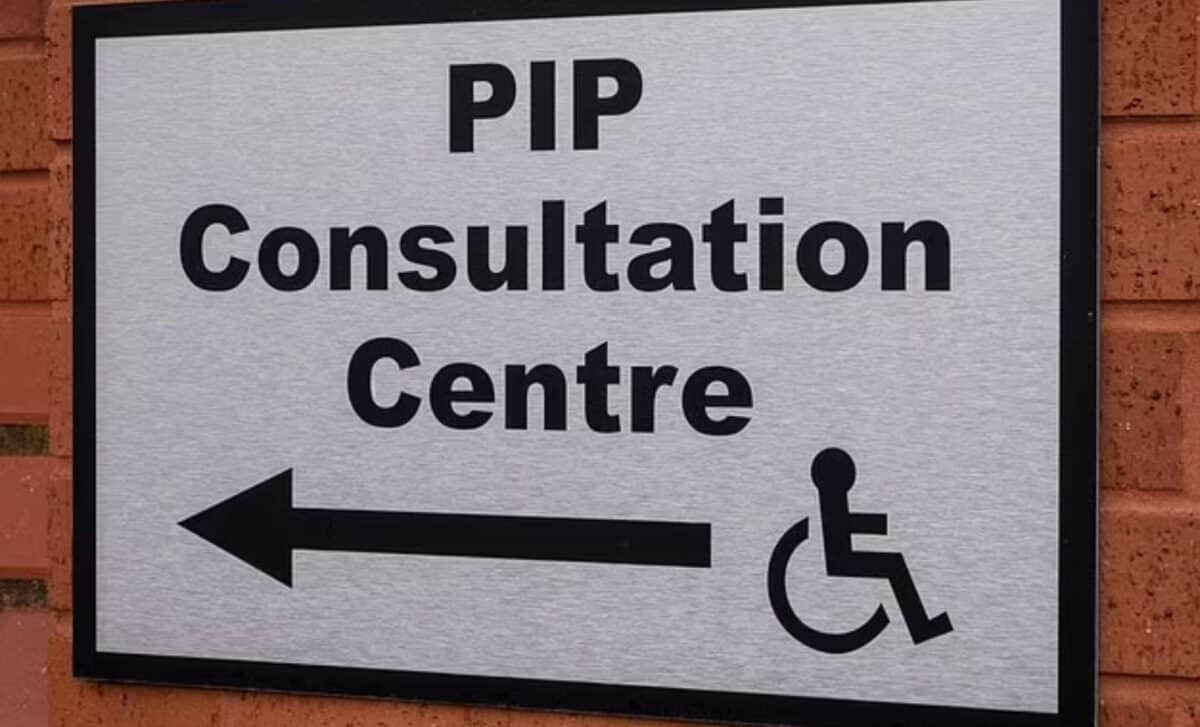The Department for Work and Pensions (DWP) has confirmed that the number of face-to-face assessments for Personal Independence Payment (PIP) claimants will increase towards autumn 2025. This change will affect both new claimants and those undergoing award reviews, with assessments continuing to be conducted on paper, by phone, via video call, or in person depending on individual circumstances.
The update was revealed by Sir Stephen Timms, Minister for Social Security and Disabilities, in response to concerns about the availability of in-person assessments for those who prefer them. The DWP’s Functional Assessment Services (FAS) contracts, which took effect in September 2024, will bring together PIP and Work Capability Assessments (WCA) under a single provider in each geographic area, streamlining the process for claimants.
How Will PIP Assessments Change?
The DWP has confirmed that claimants will still be assessed using a multi-channel approach, but the department is working to increase capacity for face-to-face assessments over the next year.
Sir Stephen Timms explained:
“As part of the FAS process, the feasibility of a paper-based assessment will always be considered in the first instance, for all cases. Where a paper-based review is not possible, the claimant will be invited to an assessment.”
He also noted that the DWP considers individual circumstances before deciding on an assessment method. This means that claimants with specific health conditions that make certain types of assessments difficult may be offered a different option.
“Other claimants who can undertake any assessment type will be allocated to the next available appointment; however, this can be changed if the claimant informs us that a reasonable adjustment is appropriate in their circumstances.”
This flexibility ensures that claimants are assessed in a way that best suits their needs while also allowing for greater availability of in-person assessments as capacity expands.
Why Is the DWP Increasing Face-to-Face Assessments?
The increase in face-to-face assessments is part of a broader strategy to ensure that claimants receive fair and accurate evaluations. While some disability groups and claimants prefer remote assessments, others feel that in-person meetings provide a clearer picture of their daily challenges.
To ensure quality control, the DWP audits FAS providers to confirm that claimants are directed to the most appropriate assessment method.
Sir Stephen Timms stated:
“The FAS suppliers are also increasing their capacity to deliver more face-to-face assessments, and the department expects the reported percentage of face-to-face assessments to increase towards autumn 2025.”
He added that the DWP remains committed to a multi-channel approach, meaning that claimants will continue to be assessed via paper, phone, video call, or in person, depending on their situation.
What Should PIP Claimants Expect?
If you are applying for PIP or undergoing an award review, you may be asked to attend an assessment in one of several formats:
- Paper-based assessment – Used when there is sufficient medical evidence to make a decision without a formal interview.
- Phone or video call assessment – Conducted remotely with a health professional.
- Face-to-face assessment – Conducted at an assessment centre, with observations of mobility and daily challenges.
Claimants who have specific needs—such as requiring a translator, signer, or same-gender assessor—can request adjustments at least three days before their appointment.
How to Prepare for a PIP Assessment
The Citizens Advice Bureau advises claimants to be as detailed as possible when discussing how their condition affects them, even if they have already provided information in their PIP evidence form.
During the assessment, claimants should:
- Describe daily challenges – Explain tasks that are difficult, such as walking up stairs, cooking, or attending appointments.
- Talk about ‘bad days’ – Provide specific examples, such as “On a bad day, I can’t walk at all because of pain” or “On a bad day, I struggle to concentrate due to depression.”
- Clarify any misunderstandings – For example, if asked how they arrived at the assessment centre, claimants should explain any difficulties they faced, rather than simply saying they took public transport.
The DWP’s assessors will take both verbal and physical observations into account when determining PIP eligibility, so claimants should be clear about their limitations.
What Happens Next?
As the DWP increases face-to-face assessments, claimants should prepare for the possibility of attending an in-person evaluation if a paper-based or remote option is not available.
Claimants should also:
- Check their appointment details carefully and request any necessary adjustments in advance.
- Ensure they bring supporting medical evidence to their assessment.
- Seek guidance from Citizens Advice or disability organisations if they need help preparing.
With face-to-face assessments increasing over the next year, claimants should stay informed and ensure they are fully prepared for whichever assessment type they are assigned.









